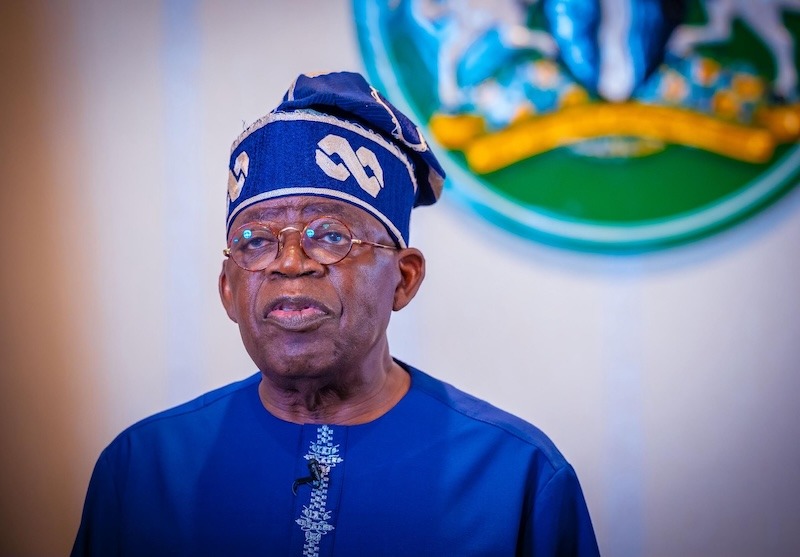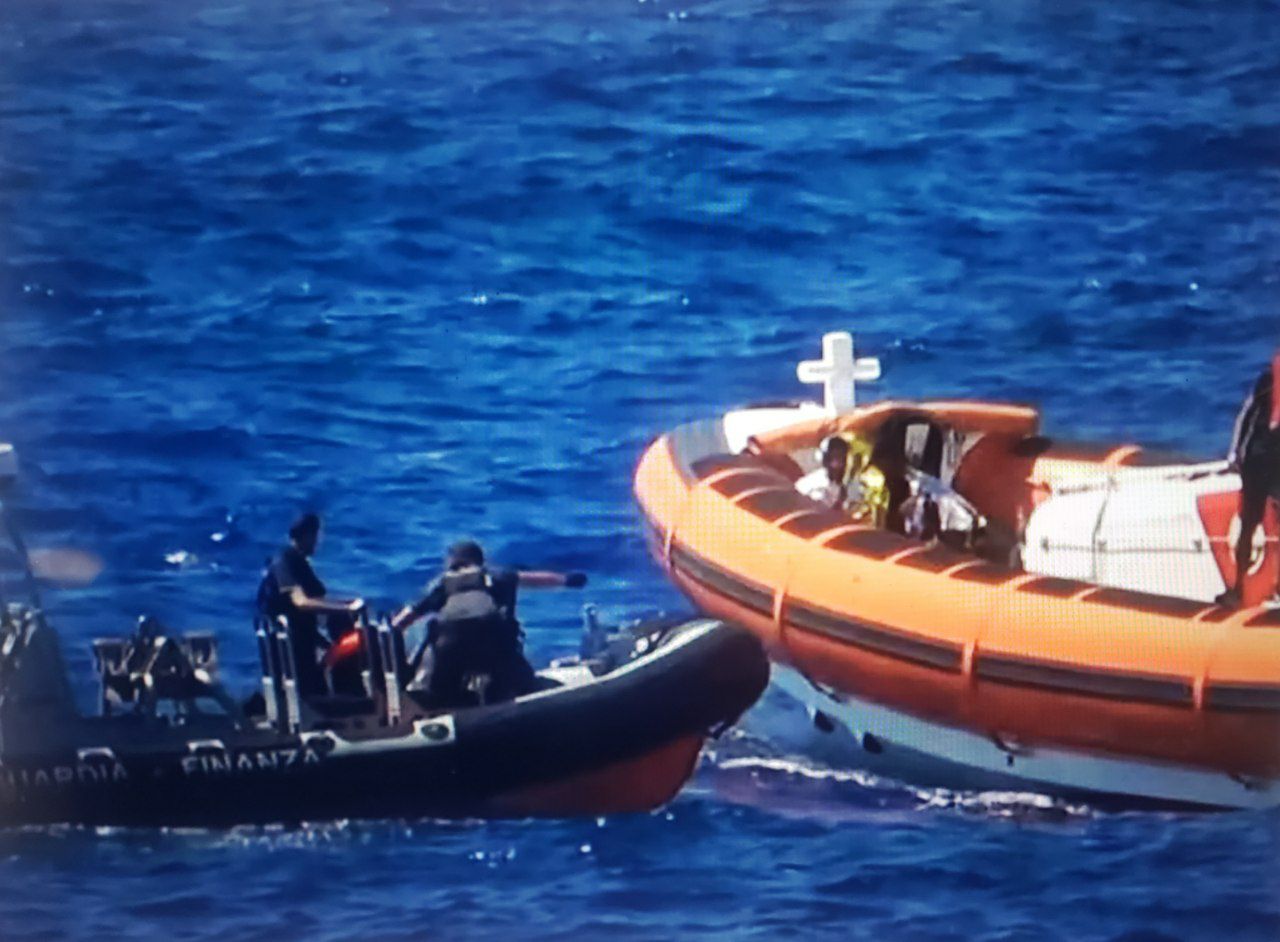President Bola Tinubu has expressed concern over the slow pace in activating the ECOWAS Standby Force, urging West African leaders to move decisively from planning to implementation in combating terrorism and transnational crime.
This was disclosed in a Sunday statement issued by the Special Adviser to the Governor on Information and Strategy, Bayo Onanuga.
It stated that while Tinubu was speaking at the 67th Ordinary Session of the ECOWAS Authority of Heads of State and Government in Abuja on Saturday, he said the regional body must act urgently to address mounting security threats across the sub-region.
“The ECOWAS Standby Force must move from concept to operational reality. I am a little bit worried about the slow pace of its activation, which is taking longer than desired,” the President said, in what is one of his final acts as ECOWAS chairman.
He warned that insecurity in West Africa is increasingly being driven by cross-border criminal networks.
“The threats confronting us are transnational, driven by agile and dangerous networks that respect nobody’s border.
“No single nation can, therefore, address these challenges alone. We must strengthen coordination, amplify political will, and prioritise a collective approach to secure it,” Tinubu stated.
The president also highlighted key achievements during his tenure as chairman of the regional bloc, including the completion of the ECOWAS Military Logistics Depot in Lungi, Sierra Leone.
“With the depot’s completion, Nigeria is committing itself to sea-lift and air-lift arrangements with ECOWAS,” he said, adding that Nigeria recently signed the Sixth Agreement with the African Union in Addis Ababa to further regional cooperation.
On diplomacy and unity within the bloc, Tinubu expressed optimism that suspended member state, Burkina Faso, Mali, and Niger could soon return to the fold.
“Under my chairmanship, I deployed all diplomatic means to engage and dialogue with our brothers in Burkina Faso, Mali, and Niger. I am confident that before too long, they may return to the family,” he said.
The Nigerian leader also called for deeper economic integration and urged the region to empower the private sector while removing trade barriers.
“Our intra-regional trade remains low, even as we possess the potential to be an economic powerhouse.
“We must create the enabling environment, empower the private sector, and create the conditions necessary for innovation to flourish,” Tinubu said.
He further advocated for the swift execution of key regional infrastructure projects, including the West African Gas Pipeline, the West African Power Pool, and the Abidjan–Lagos Corridor Highway, describing them as “catalysts for development and integration.”
The session marked the end of Tinubu’s tenure as chairman of the 15-member West African bloc.




